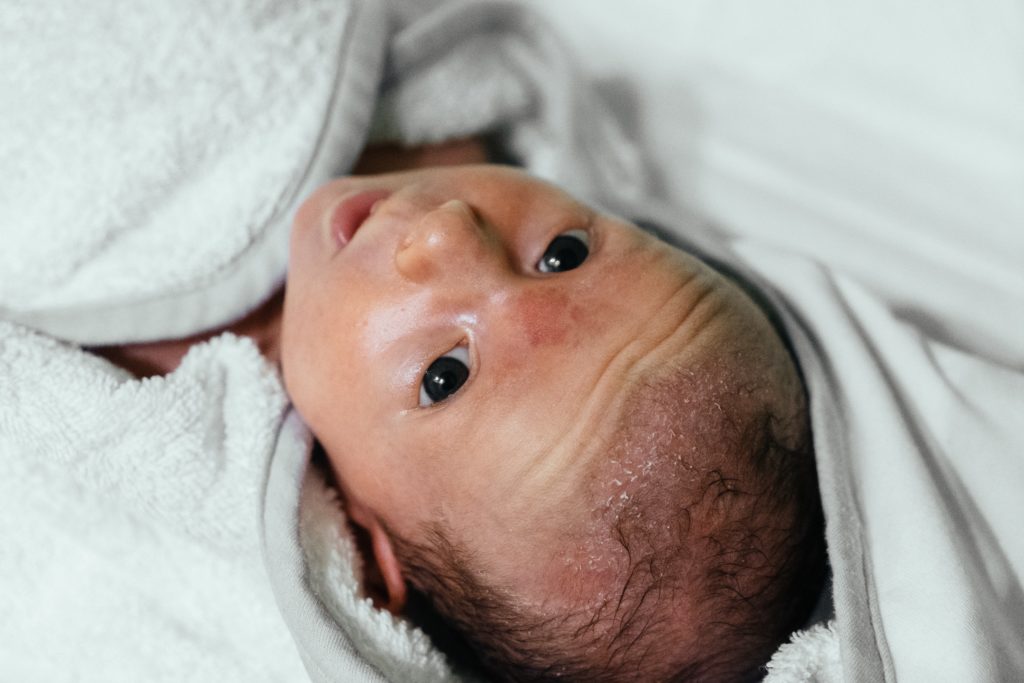Almost a third of Mental Health Practitioners do not understand infant mental health, a report by the Parent Information Foundation has found.

The survey, completed by almost 300 practitioners working in NHS infant, children and or young people’s mental health services (CAMHS) from a wide range of professions and marking the start of Infant Mental Health Awareness Week, found that those surveyed felt they did not have a good understanding of mental health among babies and toddlers, rating their understanding as only one out of five.
Sally Hogg, Head of Policy and Campaigning at The Parent-Infant Foundation said: “It is clear from these new statistics, and our previous research, that there is a ‘baby blindspot’ and that infant mental health is frequently forgotten in children and young people’s mental health provision. The pandemic and lockdown have been traumatic for some families already experiencing many challenges so the need for specialised support is greater than ever.”
The Foundation is raising awareness infant mental health as “infants are too often overlooked and neglected in children and young people’s mental health provision”.
The survey found:
- Just 9% of respondents felt there was sufficient provision available for babies and toddlers whose mental health was ‘at risk’ in their area.
- Only 36% of respondents reported that, within children and young people’s mental health services in their area, there are mental health services that can work effectively with babies and toddlers aged 0-2.
- 52% of respondents said their local NHS children and young people’s mental health service took referrals for children aged two and under. Many of these respondents told us that, while this was the referral criteria on paper, in reality, the service was not working with young children.
The Parent Information Foundation is calling for:
- National governments need to lead on policy and provide investment to increase provision of infant mental health services.
- A drive within the NHS to hold commissioners and providers to account for offering mental health services for all children.
- A workforce development strategy to ensure there are trained professionals with the specialised skills required to deliver these critical services.
Sally Hogg added: “Wide ranging research indicates that mental wellbeing during the earliest years of life lays the foundations for later health and wellbeing. Changing our language to talk about “infant, children and young people’s mental health” is a simple but powerful way to drive change. We hope that Infant Mental Health Awareness Week can focus attention on what is needed to help all babies, especially those in the most need, to have the very best start to their lives.”

Where are the infants in children and young people’s mental health?


